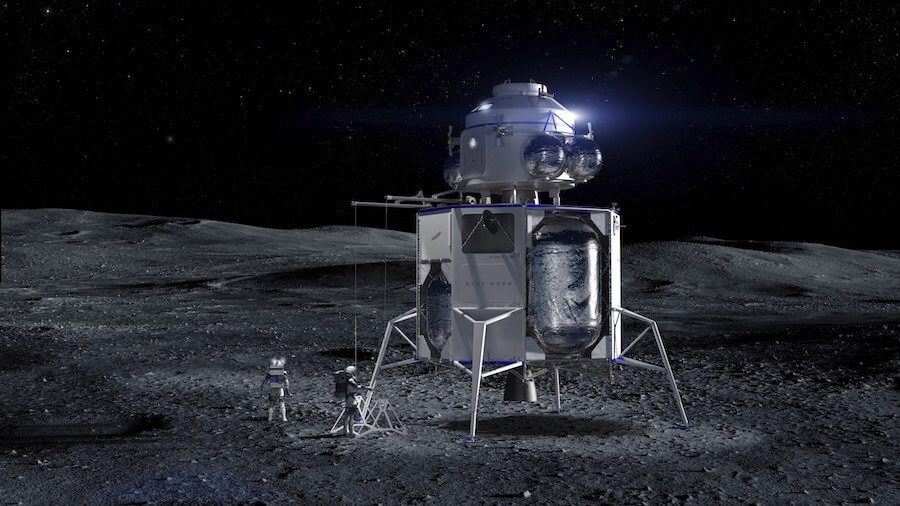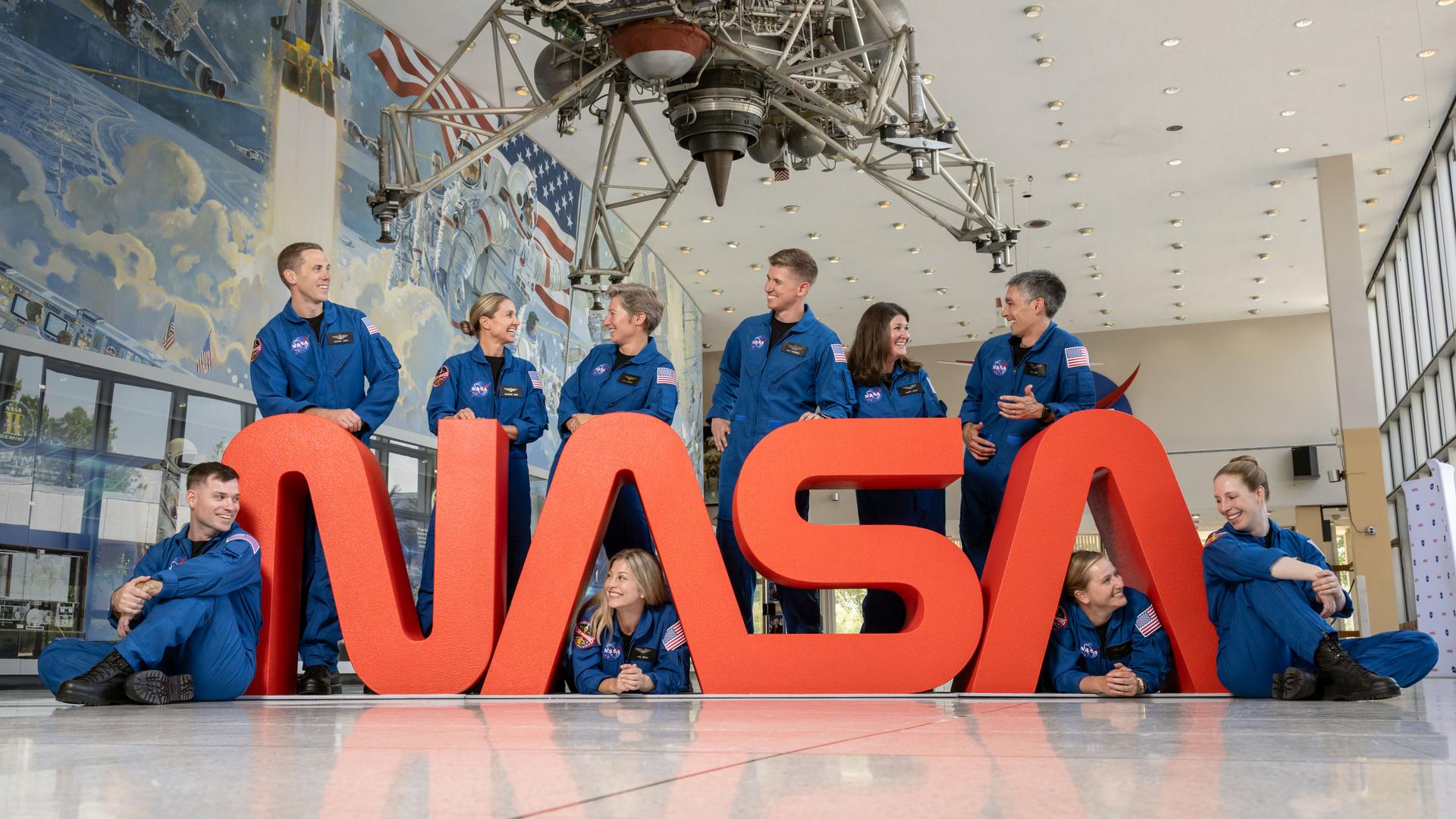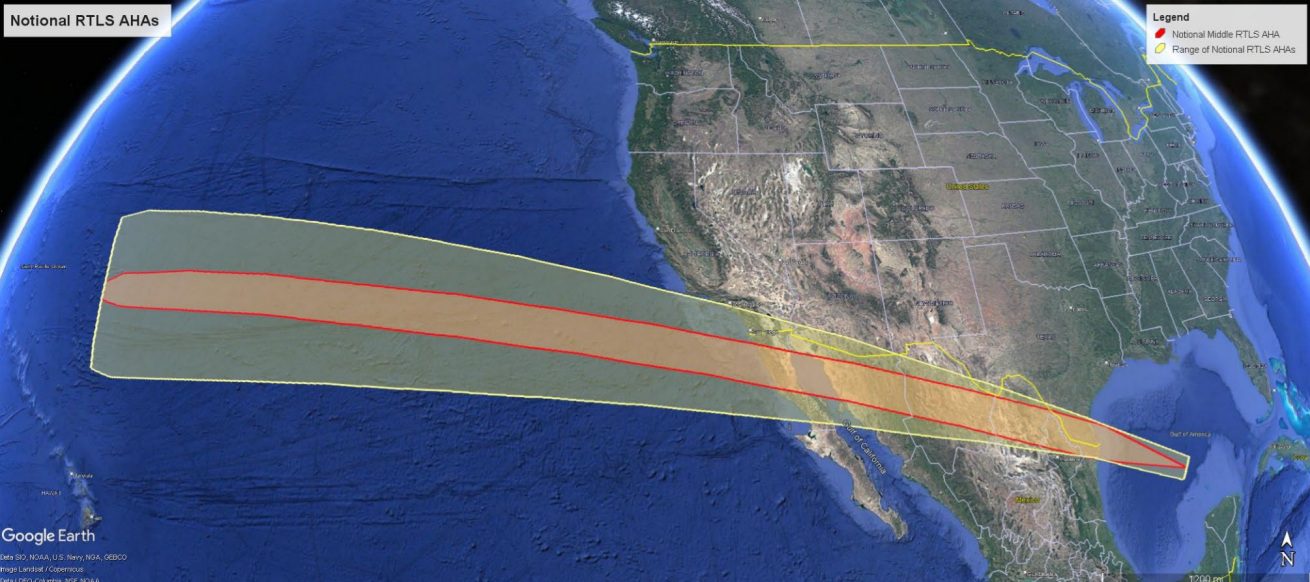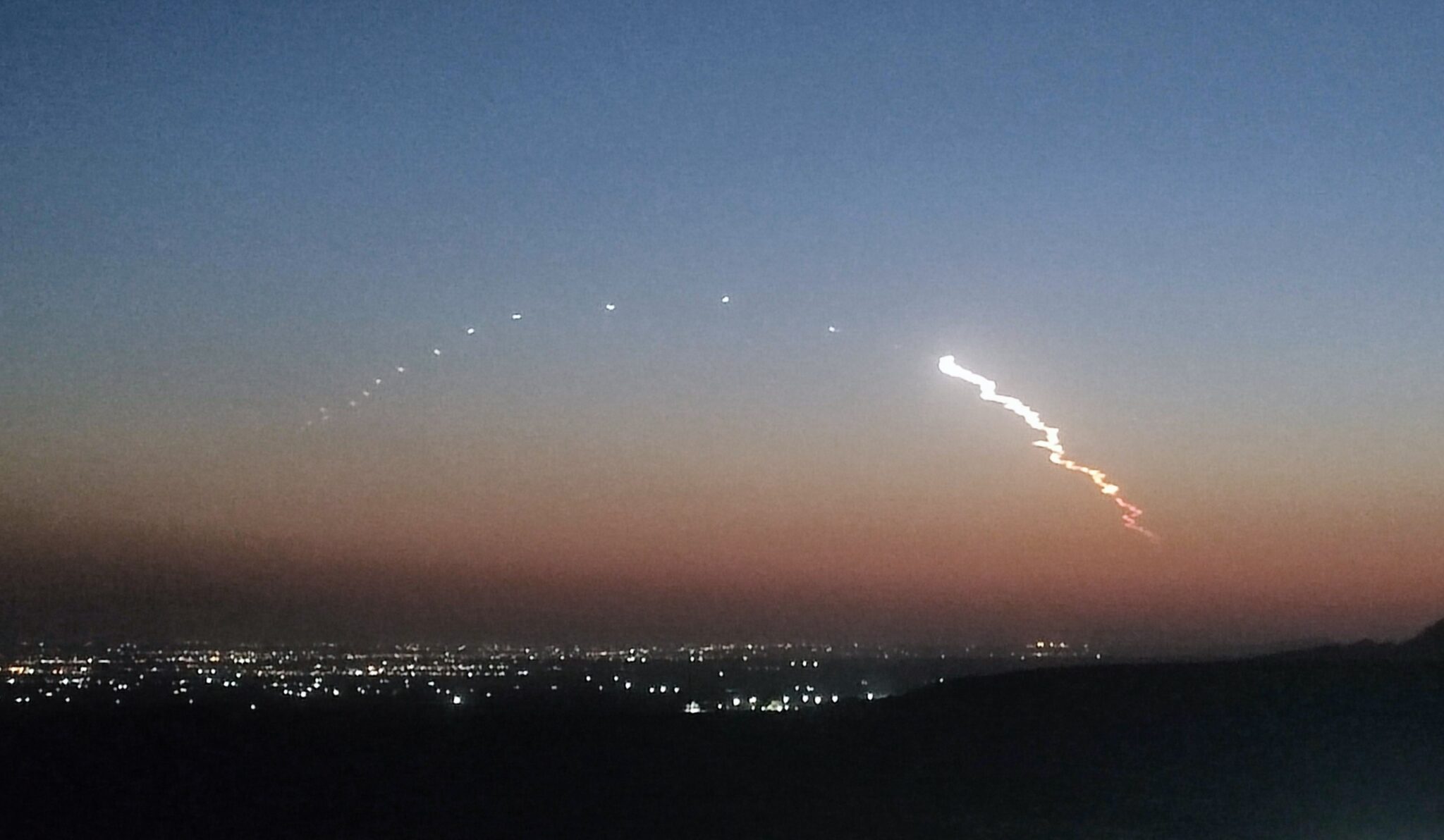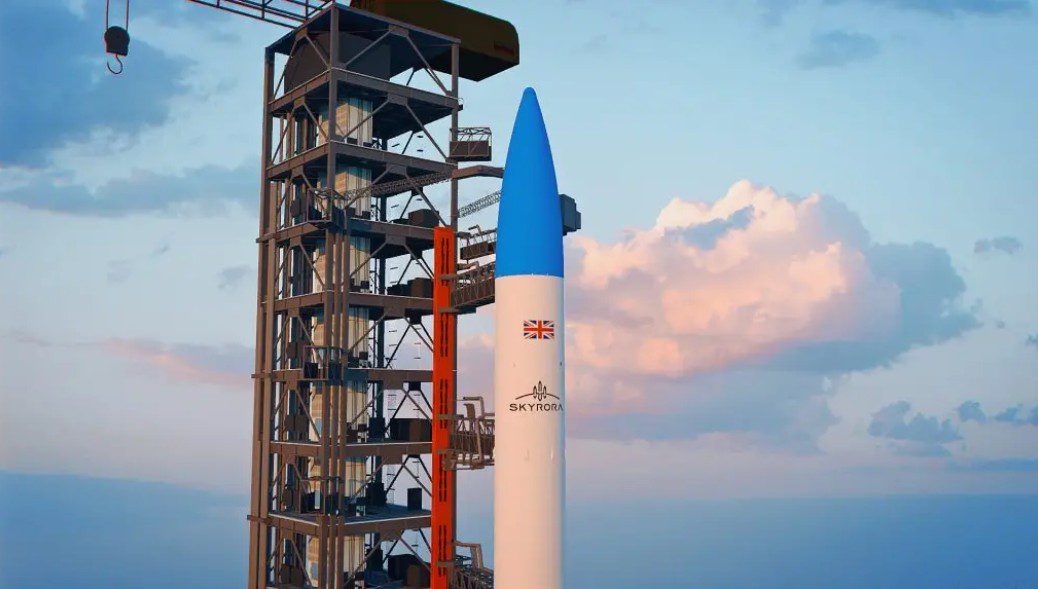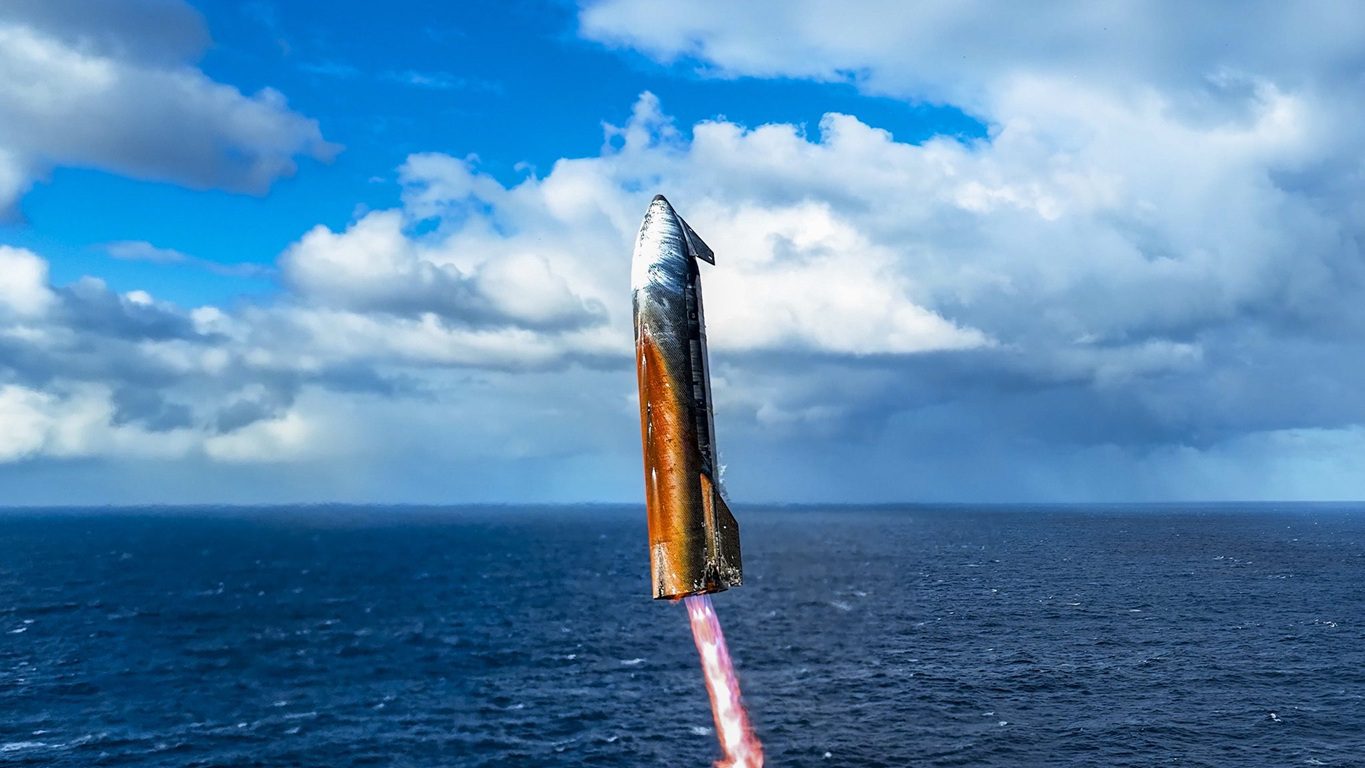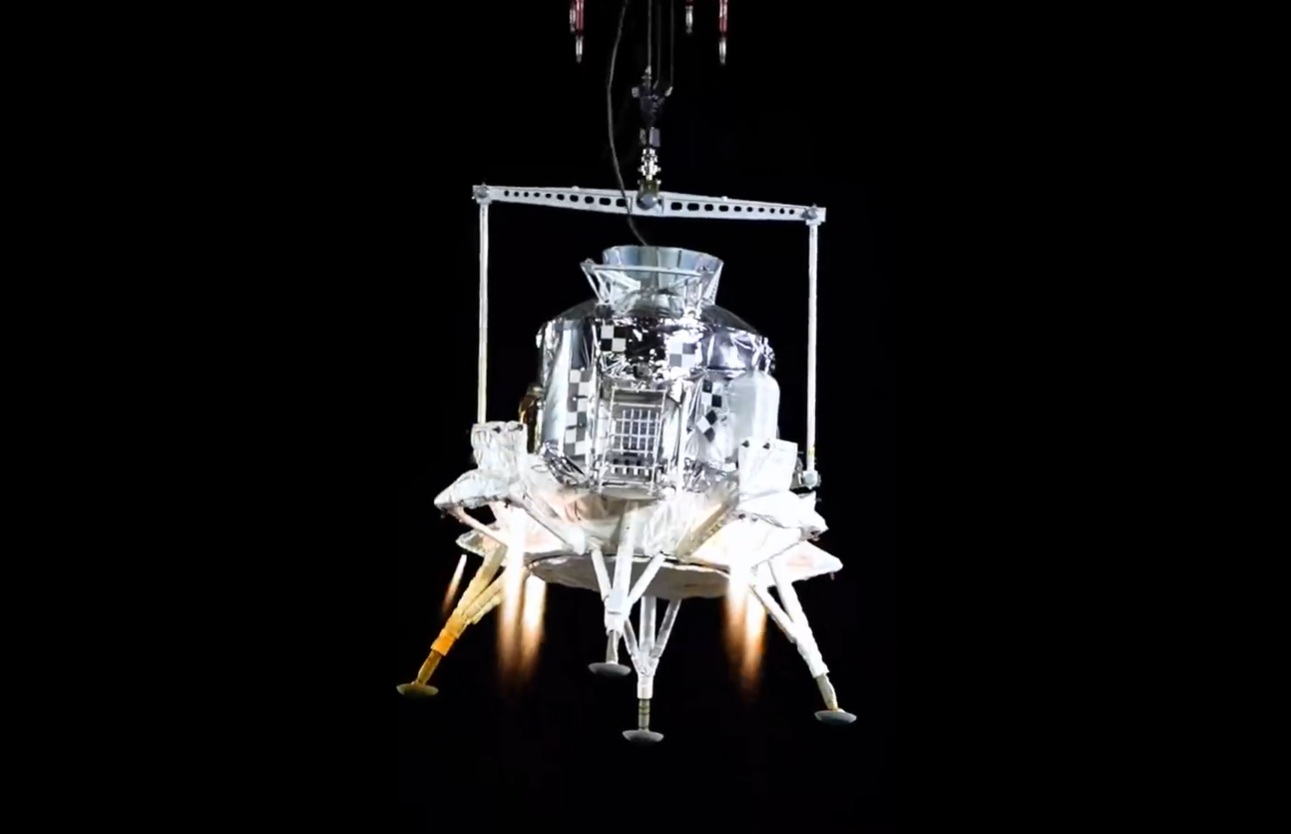With just over one quarter of the funding it needed from Congress (US$850 million versus the US$3.2 billion requested) for its Human Landing System (HLS) – a lunar lander for its Artemis programme – NASA has been forced to delay the programme. The three contractors Blue Origin, Dynetics and SpaceX, were to have been whittled down two for their designs to go forward in February. These have been formally told that the award date has now been delayed until 30 April. The three contractors have already received funding for initial design work: Blue Origin US$579 million, Dynetics US$253 million, SpaceX US$135 million.
With more than a hint of warning that China might beat USA back to the Moon 11 Senators from the Democrat side have urged the Biden Administion via a public letter to properly fund the programme.
“NASA’s Artemis Program will return America to deep space, support economic recovery, strengthen national security, promote scientific research, and inspire the next generation. The HLS Program will develop 21st century crewed lunar landers – a critical piece of the Artemis architecture. We urge you to proceed with the planned selection and to include all necessary funding for HLS in your FY 2022 budget request.” said the senators in the letter.
Even if this funding is realised, it is generally accepted within the space industry that the Trump Administration’s target date for a human lunar return landing of 2024 could not have been met. Because of the relative “weakness” of the European ATV-derived Orion service module which limits the craft to high lunar orbits, any human lander will need both a transfer stage and hard-to-store high energy cryogenic propellants. Apart from the funding shortfall, the need to develop technologies for the cold storage and transfer of these prone-to-boil-off propellants is the main technical reason why the HLS programme is likely to be delayed – probably back to the originally conceived 2028. Apollo’s lunar lander used during 1969-72 employed admittedly much less energetically efficient, but much easier to store, hypergolic propellant combination.
Aptly, given his name, the HLS lunar lander’s fate may be influenced by Biden’s newly appointed chief science adviser, Eric Lander. Biden’s decision to display a sample of lunar rock brought back from the Apollo 17 mission in his Oval Office did give notice that Biden was interested in space exploration.
Update on 10 February 2021: Since this piece was written, the SLS launch system’s main political supporter in the US Senate, Senator Richard Shelby, has announced that he will not be running for re-election as a Senator in 2022. Meanwhile, the White House has reaffirmed its commitment to the Artemis project, albeit not committing to a date for a human return to the Moon.

